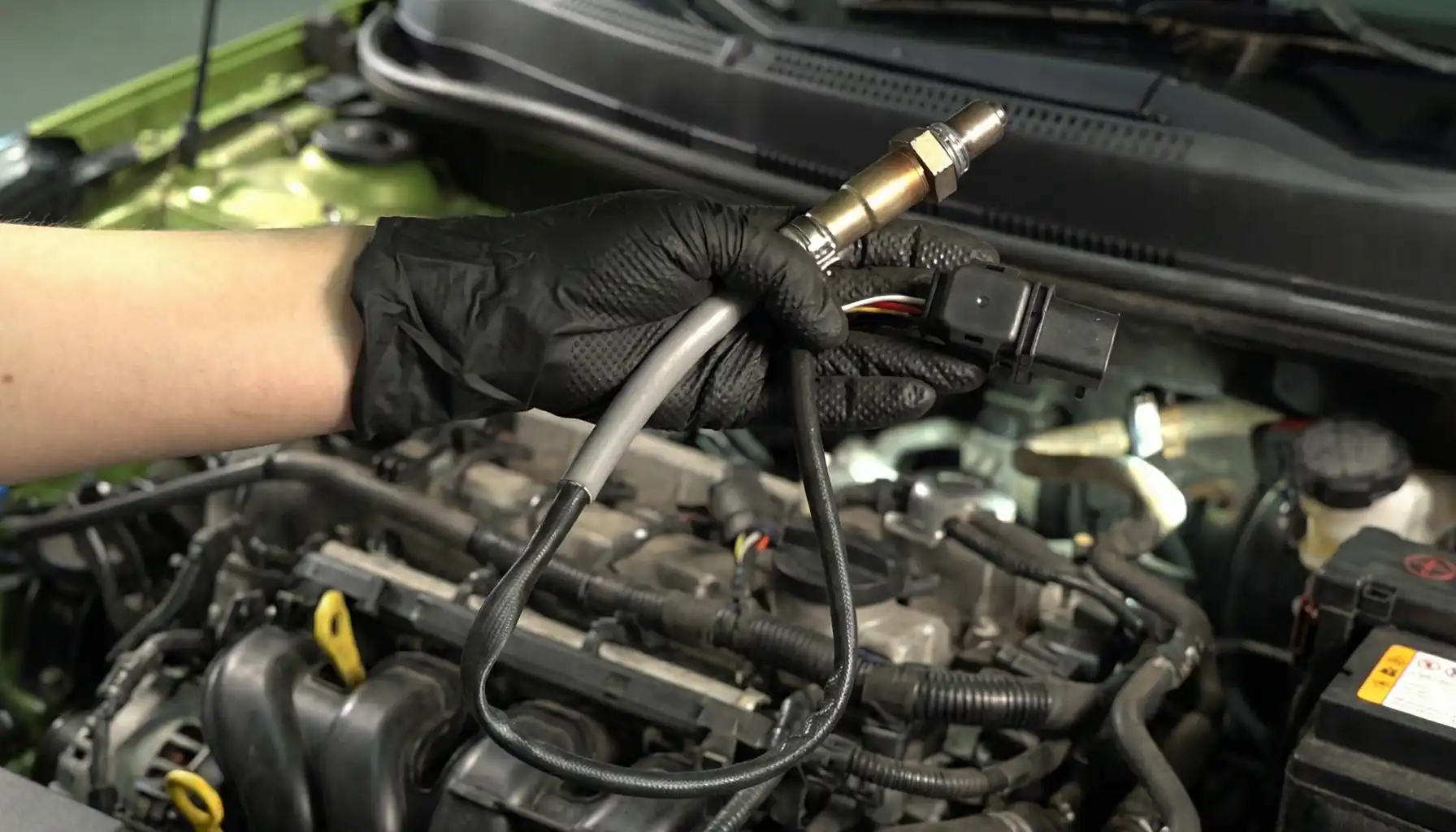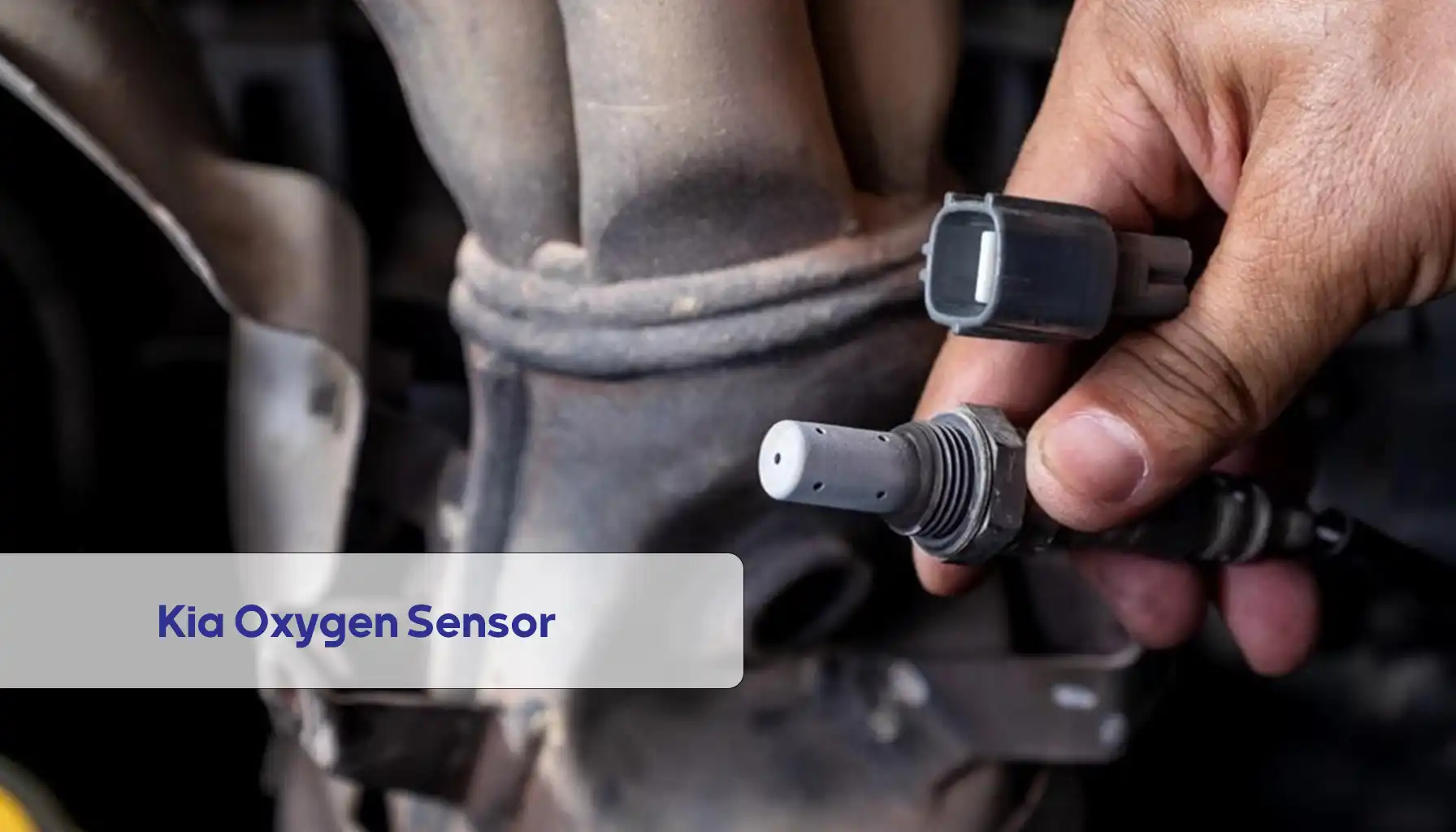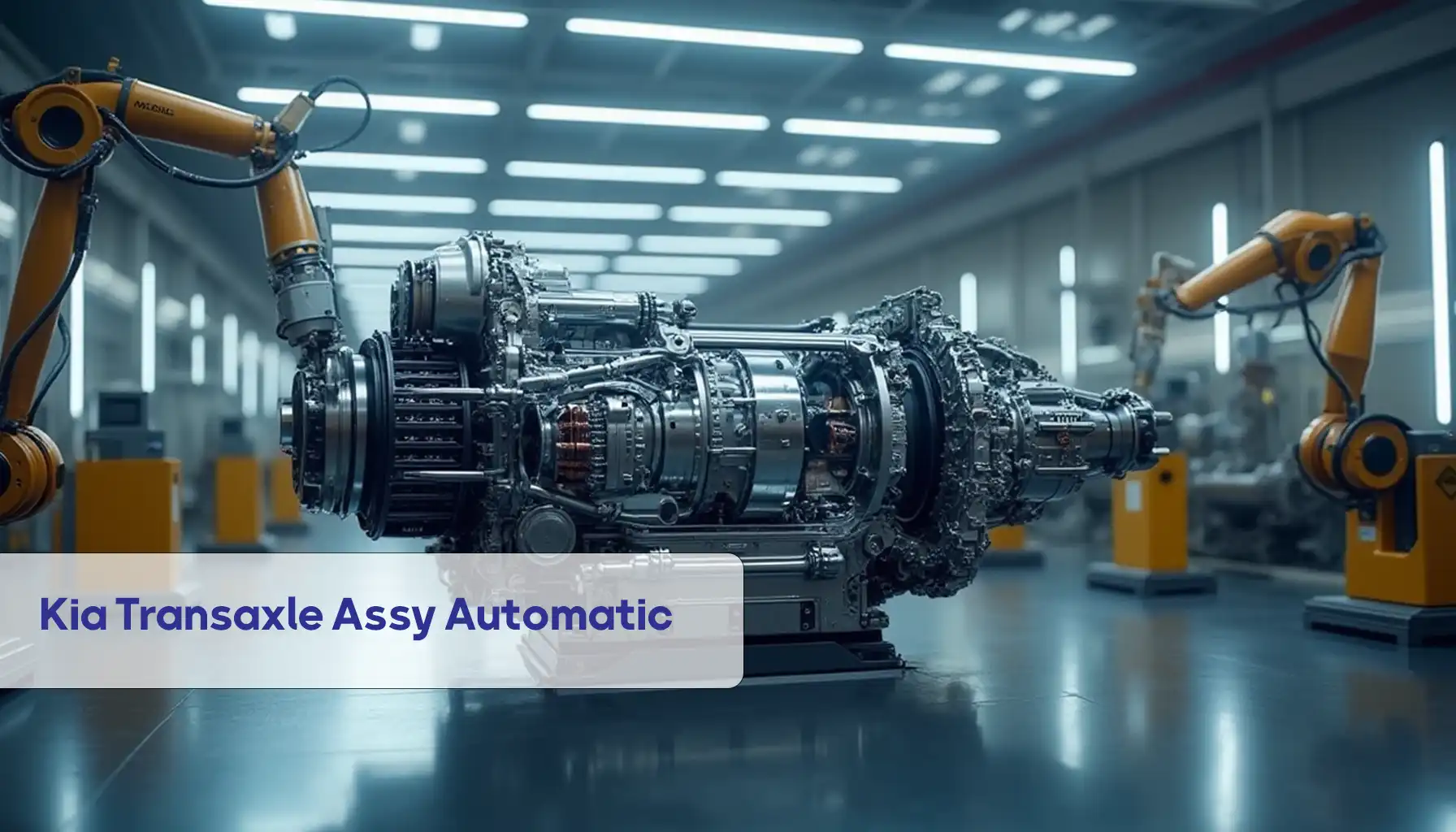In the initial 1st part of the comprehensive series, we honed in on the elemental guidelines for picking out engine oil for Hyundai vehicles that are run in the harsh climate of the UAE, dissecting how exceedingly high temperatures over 47°C, the presence of sand particles, and rapid changes in humidity combine to create completely new lubrication challenges. We explained basic concepts such as viscosity grades, oil capacities, and the reason why Middle Eastern conditions require oils that are specially formulated with more additives.
The second part went further to requirements that are per model, giving us a detailed look of different models such as Accent, Creta, Elantra, and Eon and showing how each one has different engineering characteristics which in turn requires different lubrication solutions.
This is Hyundai’s UAE lineup, the three cornerstone models we talked about with the owners of these vehicles, providing them with the essential tips that will help them face the challenges these models have in our harsh environment: the Grand i10’s frequent cold starts in urban traffic, the H100’s continuous heavy-load operation, or the turbocharged i20’s need for superior thermal management. We complete our detailed coverage from the Grand i10 that is everywhere on the city streets and delivery fleets, over the commercial-grade H100 that is the core of logistics operations, to the technologically advanced I-series models (i10, i20, i30) that are designed to meet the needs of different consumers ranging from budget-conscious buyers to performance enthusiasts.
Best Engine Oil for Hyundai Grand i10 Petrol: The Perfect Balance
The main focus of the best engine oil for Hyundai Grand i10 petrol engines is to be able to protect the efficient 1.2L Kappa powerplant that is behind the success of this well-liked hatchback. The engine of the Grand i10 is equipped with dual VTVT system and high compression ratio and therefore it requires 5W-30 oils that will keep very exact viscosity for the optimal control of valve timing. The Grand i10 is the most popular car among the urban drivers of the UAE and that is why it is mostly subjected to cold start and short trip driving conditions in which oil doesn’t get a chance to reach its optimal temperature. Good quality synthetic oils with the advanced additive packages are the ones that can deal with fuel dilution and moisture formation which are typical for this type of driving.
Know more about Korean SUV Oil Filters
The aluminum Kappa engine expands differently from the iron parts against which it fits, and therefore it creates totally different opening sizes for the cold and the hot conditions. The oils of the highest quality that are specifically made for the engines of today come along with the wear reducers that enable the engines to follow such thermal changes without causing wear. In case of Grand i10s that are used for delivery or ride-sharing — which are the two most common applications in the UAE — long-life synthetic oils can be considered as a good investment although their initial price is higher, since they save the time and the money that otherwise would be spent on maintenance and repair.
Best Engine Oil for Hyundai H100: Commercial Grade Protection
The best engine oil for Hyundai H100 commercial vehicles should be able to take the kind of treatment that passenger car oils would be destroyed by. Such heavy-duty vehicles are typically operated non-stop under very hot conditions while being fully loaded, thus every component is stretched to its limit. Diesel engine oils of the 15W-40 or 10W-40 grades with CI-4 or CJ-4 diesel exhaust emission standards are good enough to provide the film strength necessary for the operation of such equipment under heavy loads. Because the H100 is one of the essential logistics pillars in the UAE, the question of oil quality becomes not only a matter of business reliability but a business decision itself.
how excessive engine heat can effect head gasket?
In many cases, commercial operators neglect the fact that the diesel engine of the H100 needs different oil chemistry than diesel cars. Some commercial diesel fuel might contain higher sulfur levels, which would lead to the production of acidic combustion byproducts. In such cases, oil with robust alkalinity (TBN – Total Base Number) is required to neutralize the acids. Besides that, the delivery type of operation that is characterized by a lot of idling and shut down of engines which makes driven that oils be resistant to oxidation and retain their viscosity even at low operating temperatures. Arsintrading.com is a commendable partner for fleet operators and offered bulk oil needs who are willing to take on this challenge and at the same time control their operational costs.
Best Engine Oil for Hyundai i10 and i20 Series
Best Engine Oil for Hyundai i10 1.2 Petrol
The best engine oil for Hyundai i10 1.2 petrol motor should cater for the Kappa engine’s low-friction operation and thermal management features. The power unit is equipped with an offset crankshaft and low-tension piston rings, whose purpose is to reduce friction inside the engine, less tension. Because the latter is chemically precise the oil should be cutting-edge also in the field of viscosity. 5W-30 full synthetic oils appropriately safeguard while at the same time supporting the operation of the efficiency-minded engine. The i10 houses a battery-powered catalytic converter and the oil used should ensure full compatibility of this synergic system over the frequent heating and cooling that are typical in cities.
Hyundai Oil Cooling Essentials
The high specific output (horsepower per liter) of the 1.2L Kappa engine is a major cause of thermal stress even though the engine is of a small displacement type. The right oils for this applicaiton will have ester-basedsnthtics that will even and especially when cold start the engine they will provide immediate protection due to their affinity for metal. This is to a very high degree, the case of the UAE, whereby the differences between early-morning and afternoon temperatures are sometimes even 30°C thus thermai shock is inevitable if inferior oil is used.
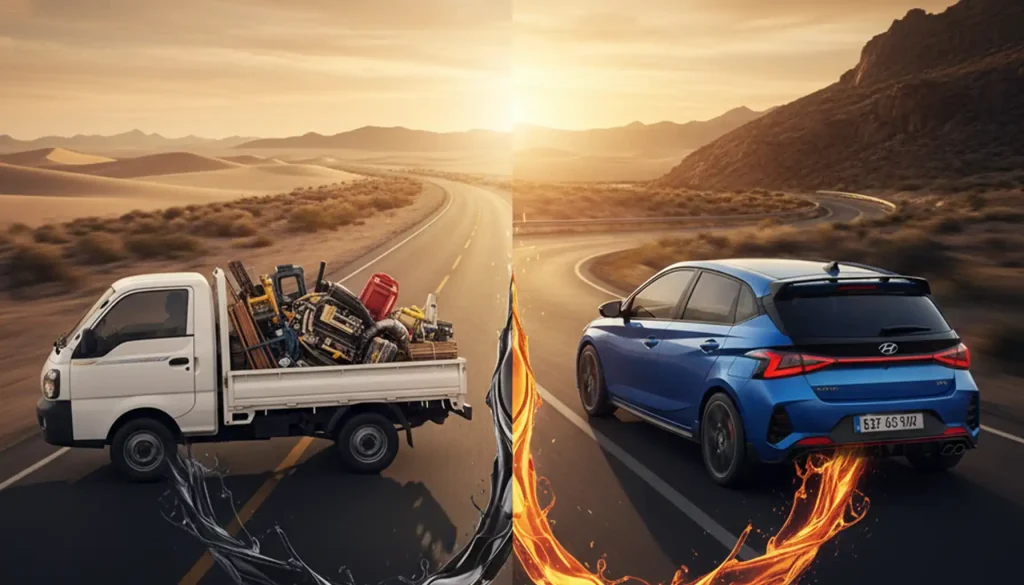
Best Engine Oil for Hyundai i10 Petrol
Besides Kappa-equipped engines, what is good for i10 1.2 petrol is also good for i10 petrol in general, i.e., the use of synthetic oil which is usually the best solution for small displcement of engines if so. Small engines do more work per cc than bigger but at the same time they produce relatively more heat and stress. Today made 0W-20 or 5W-30 synthetic grade through the content of friction modifiers in this case those used in small engines will lower the parasitic losses that normally occur, thus the benefits that will come are twofold, increased performance and Economie. The i10 being a city driver means that the oil in the engine is the one that will get the most protection during short trips in which the engine never gets fully heated.
The majority of i10s in the UAE are geared up with air conditioning systems of aftermarket origin, thereby putting the load of the engine well over and above that of the factory specifications. Premium engine oils play the role of reserve protection capacity that is capable of accommodating these additional stresses without breaking down. Such a premium oil investment pays off back through the maintenance of performance and the lack of faults, which is very useful for entry-level car owners who have selected the i10 as a suitable vehicle for their budget-conscious and they experience-friendly needs.
Best Engine Oil for Hyundai i20 Petrol
The most suitable engine oil for different petrol
Hyundai i20 variants should be capable of protecting engines which can be either a naturally aspirated 1.2L or a turbocharged 1.0L three-cylinders. Consequently, based on this variety, choosing oil just from model names is not enough, one has to rely on engine codes. For example, 0W-30 or 5W-30 oils with good thermal stability are must for turbocharged variants as the turbocharger bearings need to be kept at a low temperature while they are operating at high ones. On the other hand, 5W-30 or 5W-40 grades could be used in natural aspiration ones depending on the weather and the road conditions.
It’s worth mentioning that the i20 is a car that falls under the category of a premium hatchback which is capable of attracting driver-enthusiasts who, in turn, require maximum performance. With the help of high-quality synthetic oils, less internal friction occurs, and more of the engine’s power output can be utilized since the one that was lost to parasitic drag is reduced. With the UAE’s car culture being very performance-centric, by using the right oil, your i20 will be able to give you the fun of driving that the Hyundai engineers intended. Moreover, the same factor that contributes to the engine’s performance also helps its longevity as the engine will continue to be smooth and silent even after a long period of hard driving.
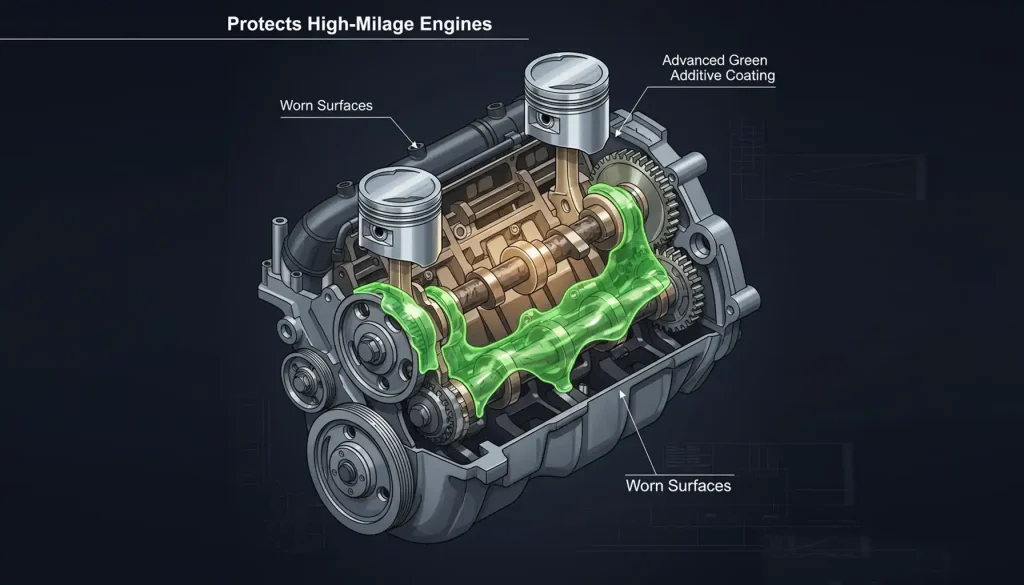
Best Engine Oil for Hyundai i30 Petrol
If we are to talk about the best engine oil, which suits a Hyundai i30
petrol engine, we should start with the powerplants of larger displacements that take the family hatchback. In case the i30 is offered with a 1.4L, 1.6L, or 2.0L engine, the car will be better off with a 5W-30 or 5W-40 synthetic oil that both protects and keeps the fuel consumption at a low level. These engines come with advanced features such as GDI (Gasoline Direct Injection), thus, to prevent intake valve deposits, it is necessary to use low-SAPS oils. European-designed i30 requires more than just meeting basic API standards, the adopted oil should comply with the stringent ACEA specifications.
The i30 car can be called the typical family vehicle model, which eventually means the car is going to be full of passengers most of the time, and the air-condition will be used for sure, – a combination that will heavily load the engine. High-grade synthetic oils, due to their nature, are very stable even under such demanding conditions, and this is why the engine is always protected when the load is the heaviest. Safety of engine cooling system is very important during peak load of Jebel Hafeet’s winding roads so that the used oil for i30 N high performance variants should be quality synthesized one with enhanced high-temperature stability, and should defend engines capable of this output to a great extent much more than the standard models when this is the case, hence the deeply enjoyed fun of the spirited drive.
Conclusion
This part of our all-inclusive guide to Hyundai engine oil brings to light a very important fact: the variety of models in Hyundai also comes with a variety of different engine oil requirements that cannot be met by a standard solution. For example, the Grand i10`s Kappa engine is built of aluminum and has a dual VTVT system, so it necessitates exact viscosity control, which only top 5W-30 synthetic oils can give. The H100 industrial vehicle, on the other hand, is a totally different story under the freight transport scenario, and so it needs powerful 15W-40 diesel oils with high TBN values to liberate the neutralizing reaction with the acidic byproducts and at the same time provide film strength under continuous heavy loads.
Further, the i-series line of vehicles reflects this difference additional well – the i10 is reliant on cold-start protection in traffic, the turbocharged i20 needs thermal stability and breakthrough should not occur in the oil during the operation, and the i30 family car requires the oil to be stable under full load and air conditioning while simultaneously preventing GDI-related deposits from accumulating. In fact, each of these represents entirely different sets of engineering theories and usage scenarios, yet they all have to battle against the harsh operating conditions prevailing in the UAE.
The reality that is laid bare in this three-part guide is that the engine oil to be used in the UAE must not only be as per the manufacturer’s directions but also that one should realize that their peculiar climate exacerbates every engineering challenge. For example, if you go through congested roads in Dubai in a Grand i10, or you transport goods across the emirates in an H100 or you are on a mountain road driving an i30 N, then your engine oil choice will affect not only the durability of the engine but also its performance, fuel economy, and reliability. The amount put into the right and top-quality lubrication made specifically for your Hyundai model is hardly in comparison with the protection it offers and the expensive repair costs it saves you. It is like rolling the dice when you decide to cut costs on engine oil in this severe environment where the engine is subjected to the sort of challenges that are totally foreign to the temperate climates.
Frequently Asked Questions
I use my Grand i10 for food delivery which requires a lot of short trips and frequent stops. Should I change my car oil more often than the manual indicates?
Definitely yes. Food delivery is a service that puts the Grand i10 in a rather harsh situation and thus the oil in the car deteriorates at a rapid rate. The repeated stop-start cycles mean that the engine hardly gets to operate at the optimal temperature thus fuel dilution and moisture accumulation in the oil increase. In addition, the frequent idling during the wait for orders leads to oil breaking down at a faster rate without the benefit of the correct circulation. For delivery vehicles, the oil change interval should be between 3,000-4,000 km rather than the normal 5,000-7,500 km. Along with this, a fully synthetic 5W-30 oil with advanced detergent components will assist in fighting the buildup of the type of service which is done by the delivery vehicle. The slightly higher maintenance cost is very small when compared to potential engine damage due to degraded oil, especially if we take into account that the Grand i10’s aluminum Kappa engine is quite sensitive to oil quality.
Can I put a regular passenger car diesel oil in my Hyundai H100 or do I need a special commercial vehicle oil?
H100 is a diesel engine that requires a commercial-grade diesel engine oil, not a standard passenger car diesel oil, and this separation is paramount to the engine’s lifespan. Commercial vehicle oils (usually 15W-40 or 10W-40 with CI-4 or CJ-4 ratings) are loaded with detergents and dispersants to tackle the increased soot released during continuous heavy-load operation. They also feature higher TBN (Total Base Number) values to counter the acids formed over long running times. Passenger car diesel oils are made with light duty cycles and lower operating temperatures in mind, and if used in an H100, they will result in fast oil degradation, excessive soot buildup, and even bearing failure. Since H100s are generally business assets where downtime means loss of income, buying the right commercial-grade oil is a business imperative, not a choice.
We have an i10 and an i20 at my home. Can I buy the same oil in bulk for both cars and save money?
Both of them can use 5W-30 synthetic oil, but it is not a good idea to use the same oil for both, especially if one of the vehicles is turbocharged. The i10 naturally aspirated 1.2L Kappa engine can work with 5W-30 synthetic oil which is good for fuel economy and providing cold-start protection. On the other hand, if your i20 comes with a 1.0L turbocharged engine, it will be necessary to have oil with superior stability at high temperatures and that has enhanced anti-oxidation properties to keep the turbocharger bearings safe. By using a simple 5W-30 in a turbocharged i20 you may cause the failure of the turbo bearing along with oil coking. If it is absolutely necessary that you buy oil in bulk, then select a top-grade 5W-30 full synthetic that complies with the higher requirements of the turbocharged engine – it will be completely safe in both engines, although you will pay more than is necessary for the i10. The extra little bit of money is worth the trouble of having to maintain two different oils if you choose to.
My i30 N performance variant is modified with an aftermarket tune. Should I upgrade to thicker oil like 5W-40?
The altered engine, and particularly the one with increased boost pressure or an aggressive tune, usually will generate more heat and will be more stressed than the stock and that is why it can be a reason for thicker oil being needed. Nevertheless, if you don’t comprehend your particular changes, then merely changing to 5W-40 can cause problems for you. The modern i30 N has very tightly designed tolerances around certain oil viscosities and it might be that the thicker oil won’t be able to flow through the oil passages, VVT systems, and turbocharger feed lines especially when the engine is cold. Rather than automatically switching to a thicker oil, you might want to look into high-quality 5W-30 performance synthetic oils with enhanced high-temperature high-shear (HTHS) attributes. These oils are able to keep engine parts lubricated even under extreme conditions and hence they do not sacrifice the flow properties that the engine was designed for. Should you be using the car for racing on the track or happen to live in the very hot regions like Al Ain, you might want to think of oil temperature monitoring – if oil temperatures are constantly over 130°C then 5W-40 would probably be a better option. Always seek guidance from your tuner as to which option would be best based on your modifications.

